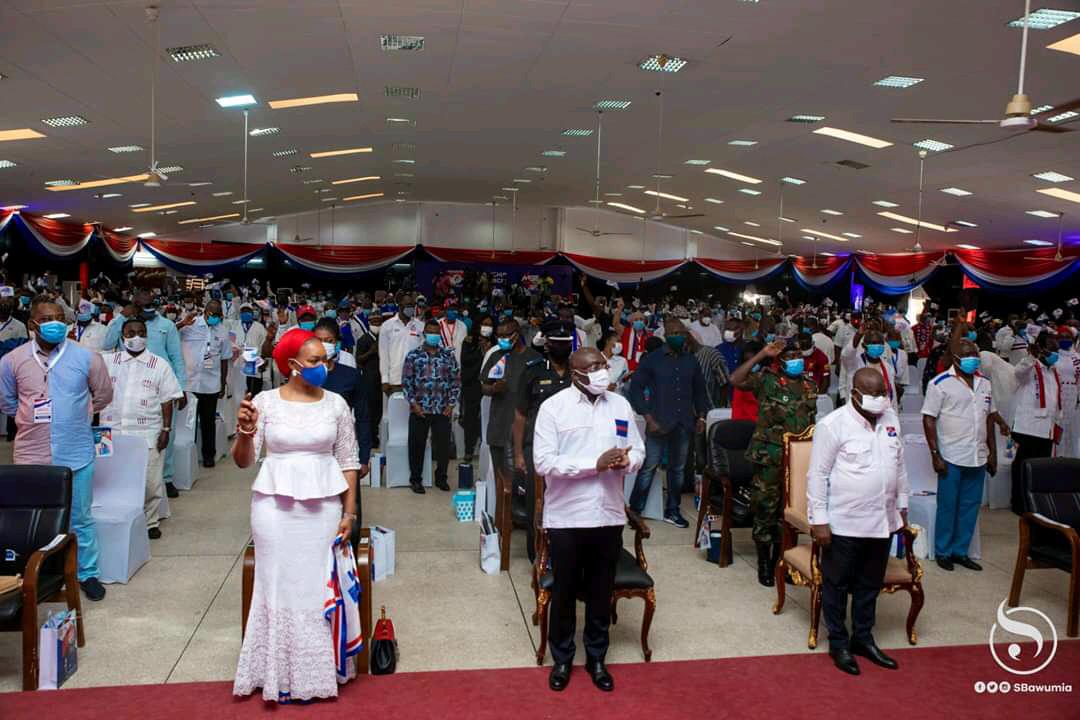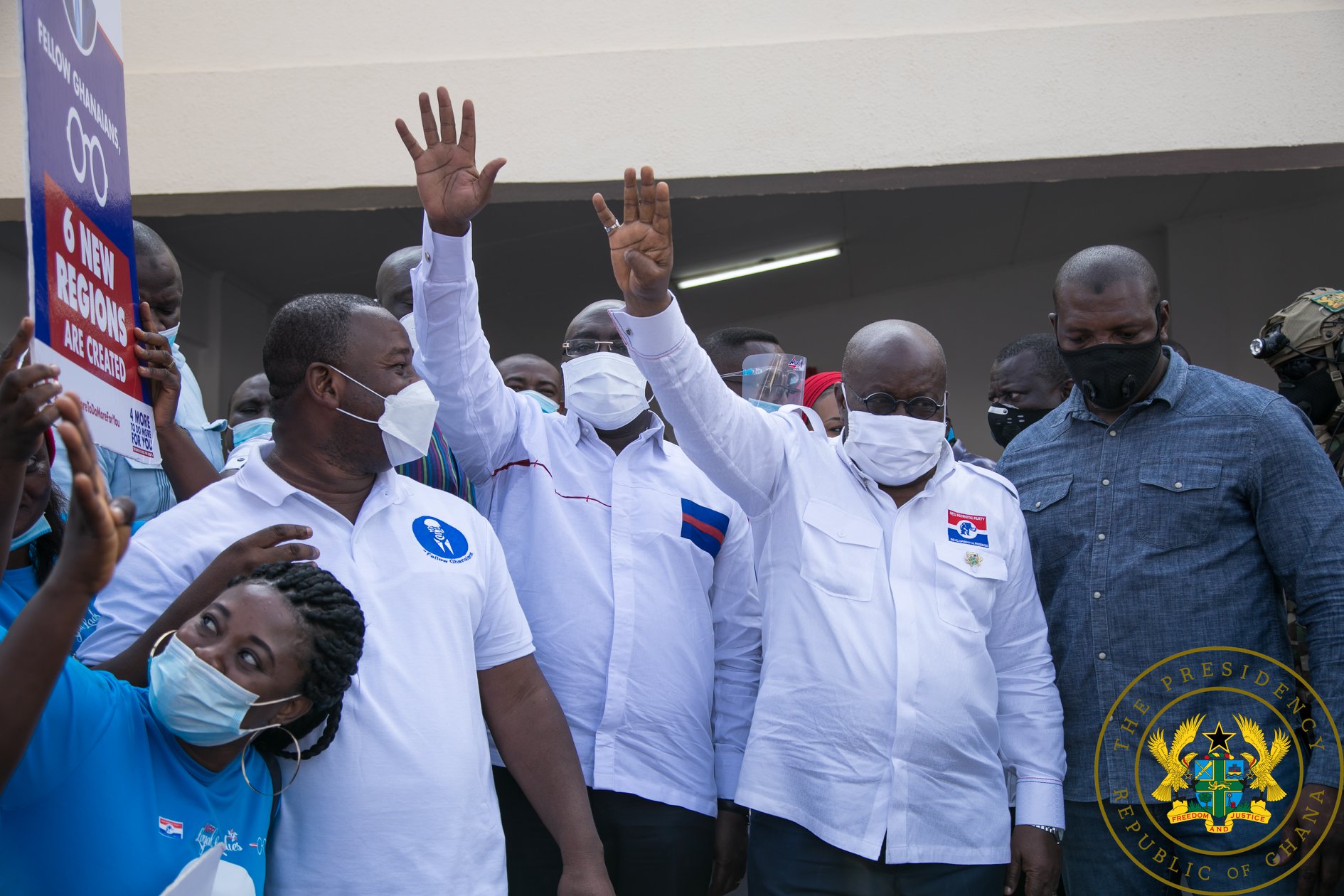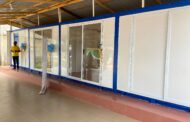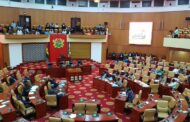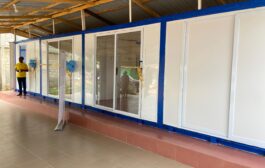The New Patriotic Party (NPP) Saturday unveiled its Manifesto for the December 7, 2020, general election.
The document, dubbed “Leadership of Service: Protecting our Progress, Transforming Ghana for All”, is geared towards consolidating the gains made during the period of the NPP government in office and throws light on the party’s plan to keep the country on the path of socio-economic development.
Below is the Party’s plan for the Health Sector:
• focus on health promotion and prevention as part of primary health care through the National Health Insurance Scheme (NHIS) to achieve Universal Health Coverage (UHC)
• currently, the NHIS covers about 95% of our disease burden, including primary, secondary, and some tertiary care. Also, children, the elderly, and other vulnerable groups do not pay premiums as well
• the missing link has been that the NHIS does not cover health promotion and prevention, a critical aspect of reducing the disease burden and making the NHIS financially sustainable
• we have established Wellness Centres in the Dodowa, Legon, and Tema Hospitals as a first step
• over the next four years, we will bring health promotion and prevention as part of primary health care under the NHIS which will continue to be free for children, the elderly, and other vulnerable groups
• review and overhaul healthcare financing with the aim of
• reducing the turnaround time of claims management to the barest minimum, and
• ensuring the sustainability of the NHIS scheme
• deliver on the largest healthcare infrastructure investment by any government in the last fifty years by undertaking Agenda 111 (previously Agenda 88) project which includes:
• construction of 101 standard design 100-bed hospitals with accommodation for doctors and nurses in the Districts without hospitals
• construction of 6 new regional hospitals in the six new regions
• construction of a Ghana Centre for Disease Control
• 1 new regional hospital for the Western Region
• rehabilitation of the Effia-Nkwanta Hospital in the Western region, into a virtually new facility and
• construction of 2 new psychiatric hospitals and rehabilitation of existing ones
• construct infectious disease centers for each of the three ecological zones: coastal, northern and middle belt zones in the country
• complete ongoing hospital projects and related infrastructure
• complete the ongoing digitization of medical records through the Patients Records Management Systems (E-Health Solution) and use Health Information Management Systems and Health Analytics to improve the quality of patient care
• harmonize the functions oftheHealthFacilities RegulatoryAgency(HeFRA), NationalHealh Insurance Authority (NHIA), Pharmacy Council (PC), and Health Professionals Regulatory Bodies (HPRB) concerning facilities licensing, accreditation and credentialing under a common legislative, regulatory and institutional framework.
• expand access to medical schools in Ghana by building additional facilities and augmenting its human resource base, and
• work with the Ghana Medical and Dental Council to streamline the admission processes for foreign-trained doctors
• support the development of traditional medicine
• while supporting the private sector to ramp up production locally, we will eliminate import duty on sanitary pads to improve health outcomes, particularly for girls
• continue to recruit trained health personnel and distribute them equitably across the nation, and
• focus on Telemedicine to enhance health delivery.
Source: Mybrytfmonline/Kofi Atakora



